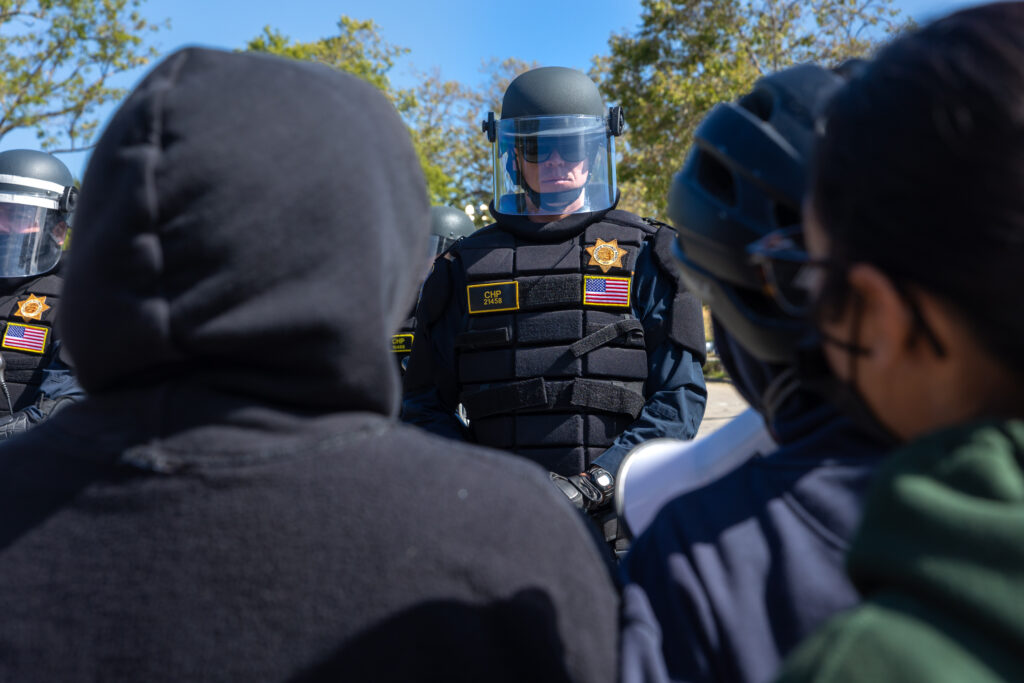Since the disaster in Texas, where more than 100 lives were lost to a flash flood in the middle of the night, Senator Ted Cruz has been readily available to comment for every television camera.
He has warned Democrats and Republicans alike not to politicize the tragic events (forgetting that Republicans pounced on the Los Angeles fires to blame Democrats and DEI as the 98-mile-an-hour winds were still spreading disaster. They blamed Mayor Karen Bass [who is female and Black], they blamed the female leaders of the LA Fire Department, they blamed Governor Gavin Newsom for refusing to turn on an imaginary faucet in Northern California).
What Cruz has not mentioned is that he inserted a cut into Trump’s Big Ugly Bill that slashed $150 million from the National Oceanic and Atmospheric Administration’s budget for forecasting the weather.
The Guardian reported:
“There’s no doubt afterwards we are going to have a serious retrospective as you do after any disaster and say, ‘OK what could be done differently to prevent this disaster?’” Cruz told Fox News. “The fact you have girls asleep in their cabins when flood waters are rising, something went wrong there. We’ve got to fix that and have a better system of warnings to get kids out of harm’s way.”
The National Weather Service has faced scrutiny in the wake of the disaster after underestimating the amount of rainfall that was dumped upon central Texas, triggering floods that caused the deaths and about $20bn in estimated economic damages. Late-night alerts about the dangerous floods were issued by the service but the timeliness of the response, and coordination with local emergency services, will be reviewed by officials.
But before his Grecian holiday, Cruz ensured a reduction in funding to the National Oceanic and Atmospheric Administration’s (Noaa) efforts to improve future weather forecasting of events that cause the sort of extreme floods that are being worsened by the human-caused climate crisis.
Cruz inserted language into the Republicans’ “big beautiful” reconciliation bill, before its signing by Donald Trump on Friday, that eliminates a $150m fund to “accelerate advances and improvements in research, observation systems, modeling, forecasting, assessments, and dissemination of information to the public” around weather forecasting.
Cruz was vacationing in Greece with his family when the flood occurred. A few years ago, when the power grid in Texas collapsed during a bitter cold spell, Cruz and family were on their way to Cancun. Maybe he should put out public alerts about his vacations so we can all be prepared for disasters.
Politifact debunked the claim that Trump totally defunded NOAA and the National Weather Service, it acknowledged that cuts were made (at the insistence of DOGE).
“While the administration has not defunded the NWS or NOAA, it is proposing in 2026 to cut significant research arms of the agency, including the Office of Atmospheric Research, a major hot bed of research,” Matt Lanza, Houston-based meteorologist and editor of The Eyewall, a hurricane and extreme weather website, told PolitiFact. “Multiple labs that produce forecasting tools and research used to improve forecasting would also be impacted. The reorganization that’s proposed would decimate NOAA’s research capability.”


